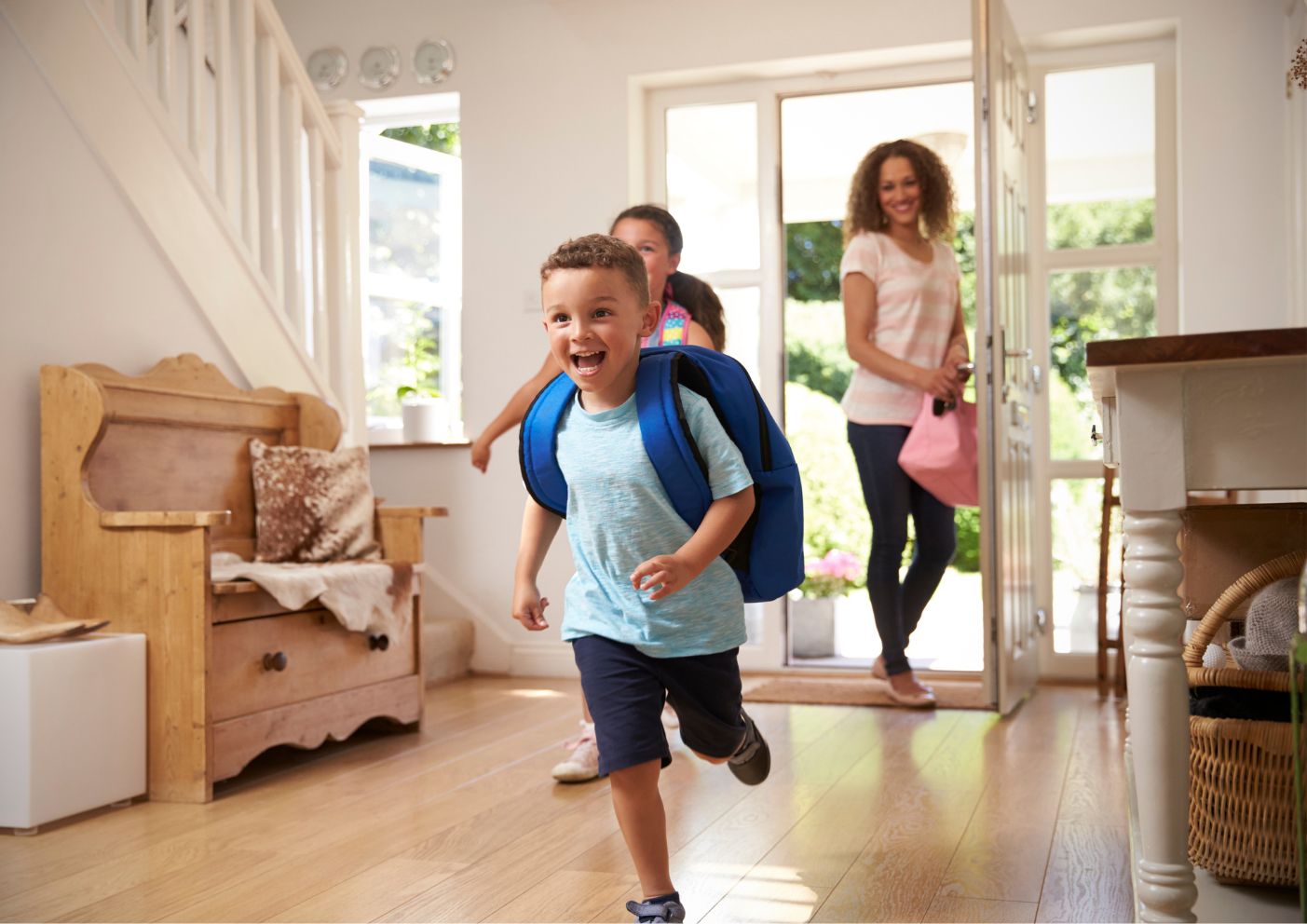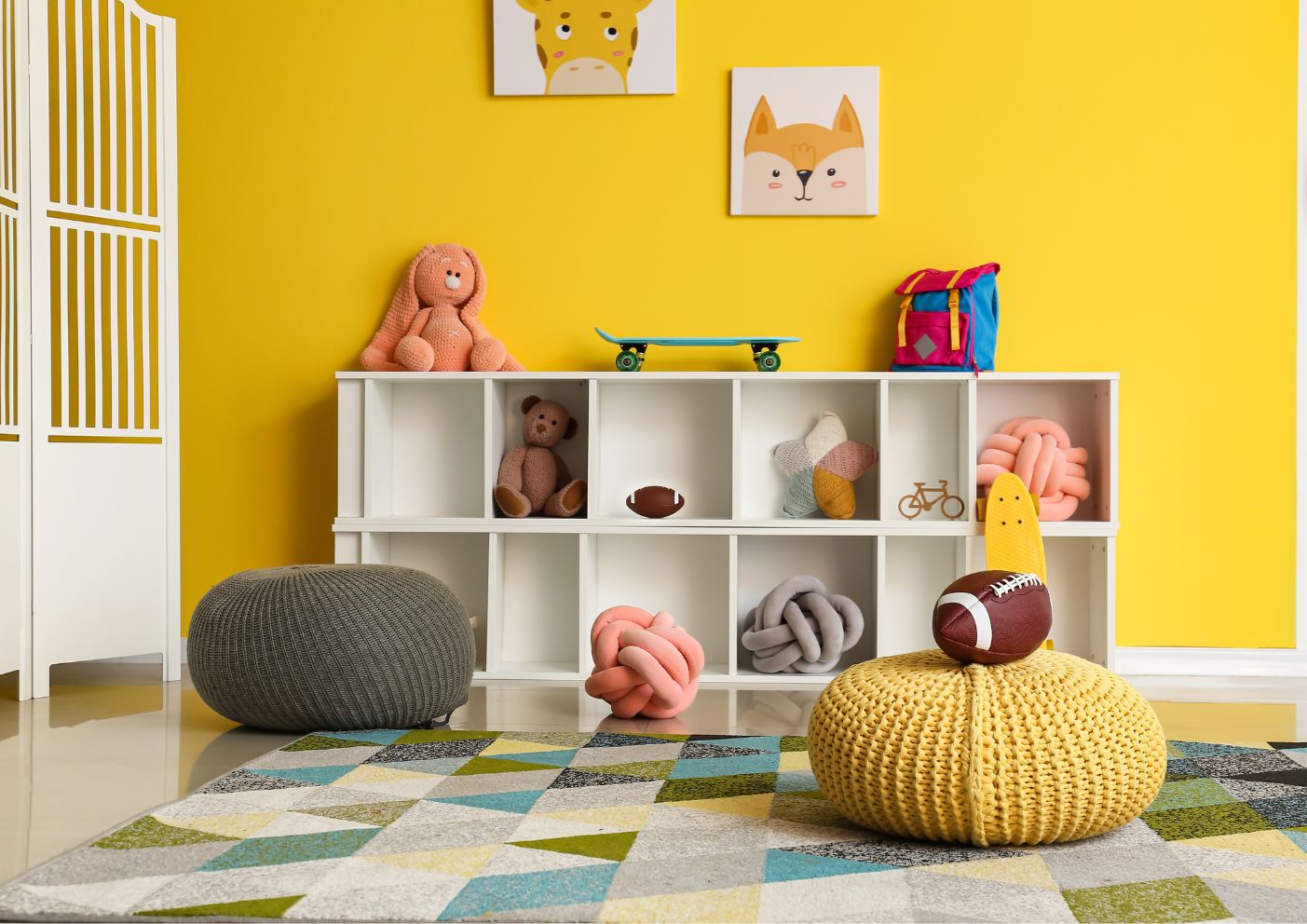Finding the right home for your family is always a significant decision, but when you have young children, the stakes feel even higher. You’re not just searching for a house; you’re looking for a place where your children can play, grow, and feel safe. Whether you’re a first-time buyer or moving to a new area, knowing what features to prioritize can help make the home-buying process easier. Here’s what to look for in a home when you have young children.
Safe and Kid-Friendly Layout
When you have young children, safety is a top priority. Look for homes with layouts that naturally reduce potential hazards. Open floor plans are often a great option, as they allow parents to keep an eye on their children while cooking or working in other areas of the house. Avoid homes with lots of sharp corners, stairs without handrails, or small spaces where children might accidentally hurt themselves.

It’s also important to consider how easily you can baby-proof the home. Think about areas like kitchens and bathrooms where you may need to install cabinet locks, gates at the top and bottom of stairs, or window guards. A kid-friendly layout helps create a safe and worry-free environment for both you and your little ones.
Bedrooms on the Same Level
For families with young children, having all the bedrooms on the same level is often a must-have feature. This setup allows you to be close to your children during the night, making it easier to tend to them if they wake up or need something. It also gives parents peace of mind knowing their children are nearby and easily accessible.
If you’re looking at multi-level homes, consider whether the master bedroom is too far away from the kids’ rooms. Many families prefer to avoid homes where the primary bedroom is on a different floor than the children’s rooms, especially when the kids are very young.
Safe Outdoor Play Areas
A safe and secure outdoor space is key for families with young children. Look for a yard that’s fenced in or could easily be fenced, so your kids can play freely without the risk of wandering off. A flat, grassy area is ideal for running around, playing games, or setting up a swing set.
Consider the safety of the yard beyond just fencing—are there any steep drops, open water features, or areas that could be dangerous for small kids? If the home has a pool, make sure there are safety gates and locks to prevent unsupervised access.
Proximity to Schools and Parks
Location is always important when buying a home, but for families with young children, proximity to schools and parks becomes even more critical. Being near good schools not only makes the daily commute easier but also ensures your kids will receive a quality education as they grow.
In addition to schools, having parks or playgrounds nearby can provide a great place for your kids to burn off energy and make new friends. A short walk or quick drive to a local park can make a big difference in your family’s routine and give your children a chance to enjoy outdoor playtime regularly.
Plenty of Storage
Families with young children tend to accumulate a lot of stuff—whether it’s toys, clothes, or baby gear. Having plenty of storage space in your home can help you stay organized and keep clutter at bay. Look for homes with ample closets, built-in storage, and garage or attic space for larger items.

A dedicated playroom or bonus room can also be a huge benefit, giving kids a space to keep their toys and games contained. This way, you can maintain order in the rest of the house while still giving your children a fun and functional space of their own.
Child-Friendly Flooring
Young children spend a lot of time on the floor, so flooring is an important consideration when looking for a new home. Hardwood floors or tile can be beautiful, but they’re often less forgiving than carpet when it comes to spills or falls. Consider whether you’ll need to add rugs for extra padding or look for homes with durable, low-maintenance flooring options like laminate or vinyl.
These materials are easier to clean and can stand up to the wear and tear that comes with having little ones around.
Conclusion: Finding the Perfect Family Home
When you have young children, choosing the right home requires balancing practicality, safety, and comfort. By focusing on features like a kid-friendly layout, safe outdoor spaces, and proximity to schools and parks, you can find a home that fits your family’s needs. As your children grow, the right home will provide a foundation for happy memories and a safe environment to thrive.

